Google’s Gemini AI models are coming to Agentforce
The move will allow Salesforce customers to use Gemini to power AI agents
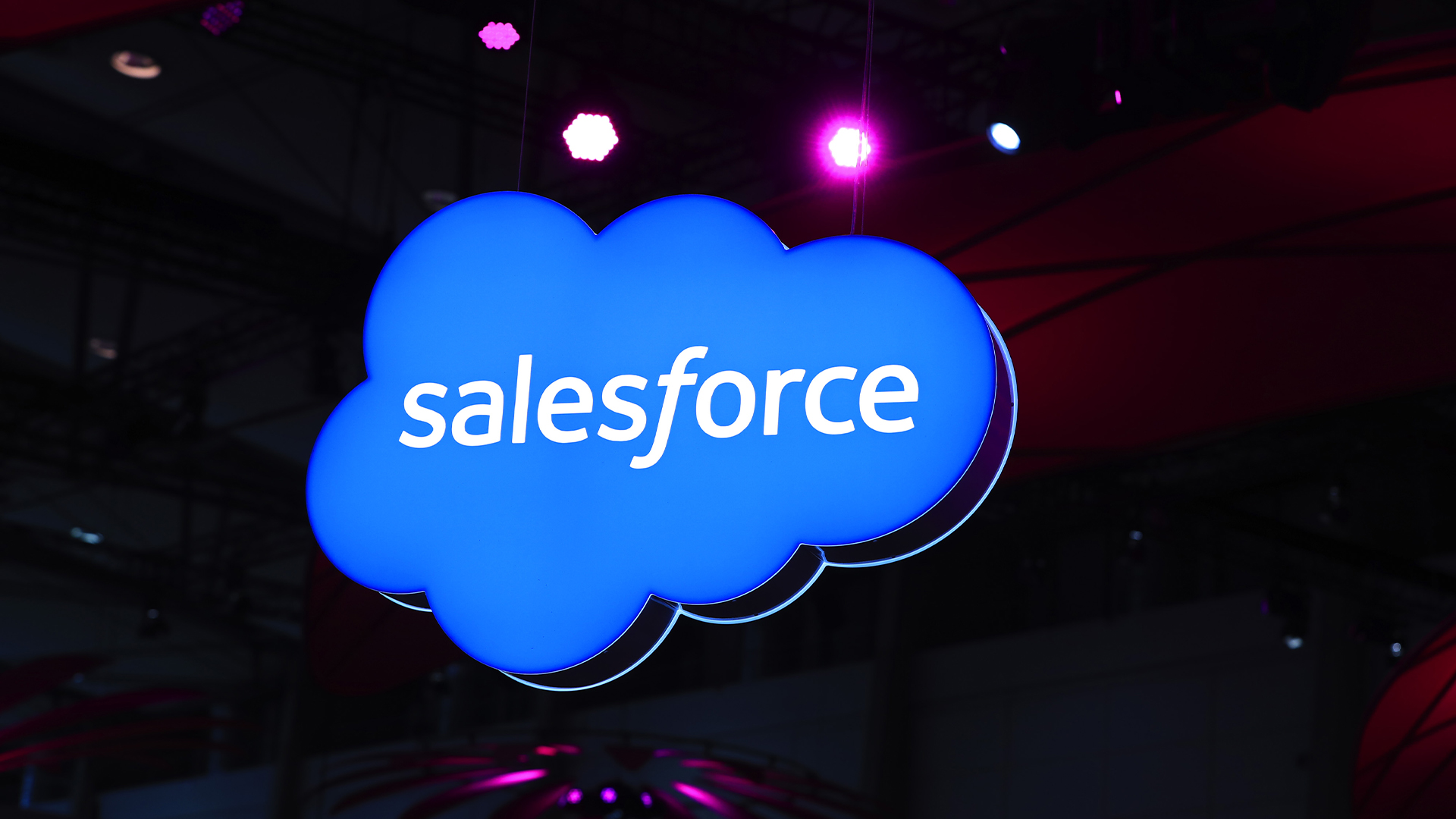

Salesforce and Google have expanded their partnership with a seven-year, $2.5 billion deal that could represent a challenge to Microsoft’s dominance in enterprise AI.
Agentforce will gain access to Google’s Gemini models, allowing agents to work with images, audio, and video. More complex tasks can be handled using Gemini’s multi-modal capabilities and two-million-token context windows, and real-time insights and answers will be provided via Google Search with Vertex AI.
There will also be tighter integration of Salesforce Service Cloud and Google Customer Engagement Suite, boosting AI-enabled contact center capabilities such as real-time voice translation, intelligent agent-to-agent handoffs, personalized agent recommendations, and AI-driven conversational insights across all channels.
For example, Salesforce said an insurance customer can submit a claim with photos of the damage and an audio voicemail from a witness. Agentforce, using Gemini, can then process all these inputs, assess the claim's validity, and even use text-to-speech to contact the customer with a resolution, speeding up the claims process.
Meanwhile, Salesforce’s Agentforce, Data Cloud, and Customer 360 Apps will run on Google Cloud infrastructure, with access to new regions and an easier procurement process through the Google Cloud Marketplace.
Salesforce also said it's looking at better ways to connect Slack and Google Workspace products, such as Google Chat, to easily communicate across platforms.
"Through our expanded partnership with Google Cloud and deep integrations at the platform, application, and infrastructure layer, we're giving customers choice in the applications and models they want to use," said Srini Tallapragada, Salesforce president and chief engineering and customer success officer.
Get the ITPro daily newsletter
Sign up today and you will receive a free copy of our Future Focus 2025 report - the leading guidance on AI, cybersecurity and other IT challenges as per 700+ senior executives
"Salesforce offers a complete enterprise-grade agentic AI platform that makes it easy to deploy new capabilities easily and realize business value fast," Tallapragada.
"Google Cloud is a pioneer in enterprise agentic AI, offering some of the most powerful, capable models, agents, and AI development tools on the planet. Together we are creating the best place for businesses to scale with digital labor."
Partnership marks major Salesforce shift
Historically, Salesforce has been an Amazon Web Services (AWS) customer, but this deal means fewer eggs in one basket. It may also be a challenge to Microsoft, which has integrated its Copilot AI assistant into Office 365 and currently holds much of the enterprise market.
RELATED WHITEPAPER

"Salesforce’s selection of Google Cloud as a major infrastructure provider means enterprise customers can now deploy some of their most critical applications on our highly secure, AI-optimized infrastructure — with minimal friction," said Thomas Kurian, CEO of Google Cloud.
"Our mutual customers have asked us to be able to work more seamlessly across Salesforce and Google Cloud, and this expanded partnership will help them accelerate their AI transformations with agentic AI, state-of-the-art AI models, data analytics, and more."
According to Salesforce research, agentic AI already represents a $2 trillion market opportunity - and 84% of CIOs believe AI will be as significant to businesses as the internet.
MORE FROM ITPRO
- Salesforce may have had its 'ChatGPT moment' with AI agents
- Slack AI agents look to 'unify' enterprise data to drive team synergy
- Marc Benioff wants to 'break the hypnosis' coming from big tech on AI
Emma Woollacott is a freelance journalist writing for publications including the BBC, Private Eye, Forbes, Raconteur and specialist technology titles.
-
 Cleo attack victim list grows as Hertz confirms customer data stolen
Cleo attack victim list grows as Hertz confirms customer data stolenNews Hertz has confirmed it suffered a data breach as a result of the Cleo zero-day vulnerability in late 2024, with the car rental giant warning that customer data was stolen.
By Ross Kelly
-
 Lateral moves in tech: Why leaders should support employee mobility
Lateral moves in tech: Why leaders should support employee mobilityIn-depth Encouraging staff to switch roles can have long-term benefits for skills in the tech sector
By Keri Allan
-
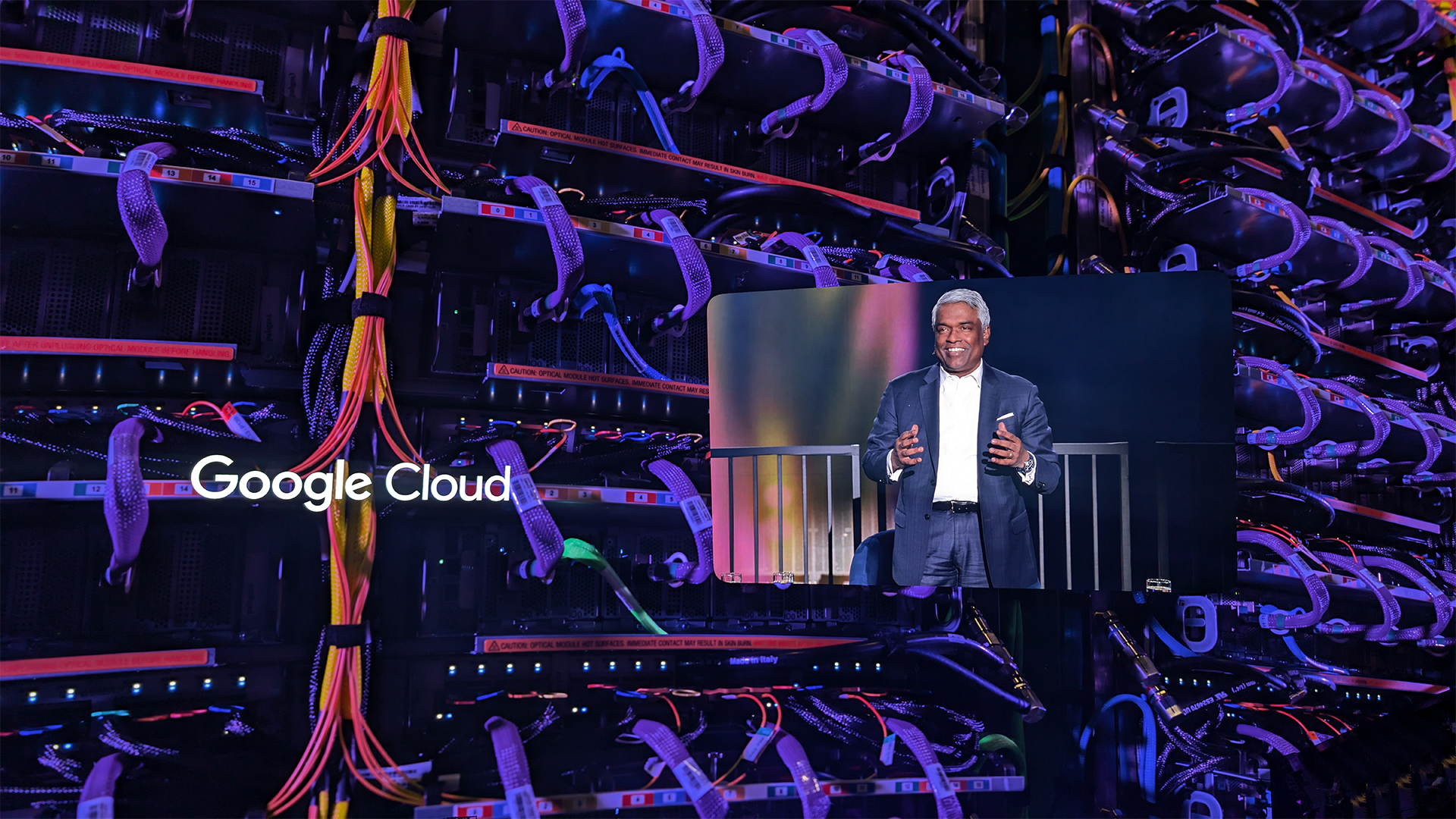 Google Cloud is leaning on all its strengths to support enterprise AI
Google Cloud is leaning on all its strengths to support enterprise AIAnalysis Google Cloud made a big statement at its annual conference last week, staking its claim as the go-to provider for enterprise AI adoption.
By Rory Bathgate
-
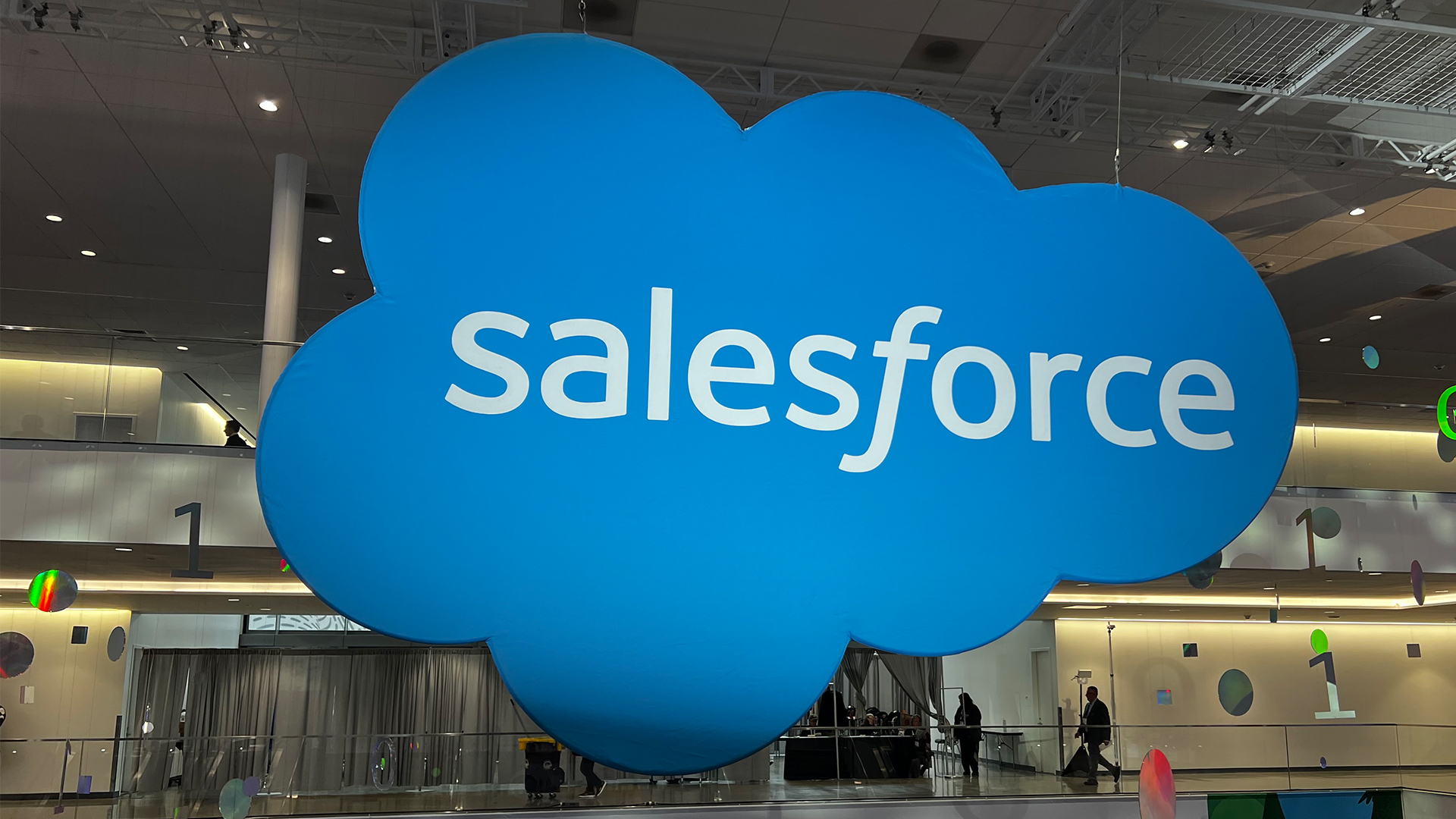 Salesforce wants technicians and tradespeople to take AI agents on the road with them
Salesforce wants technicians and tradespeople to take AI agents on the road with themNews Salesforce wants to equip technicians and tradespeople with agentic AI tools to help cut down on cumbersome administrative tasks.
By Ross Kelly
-
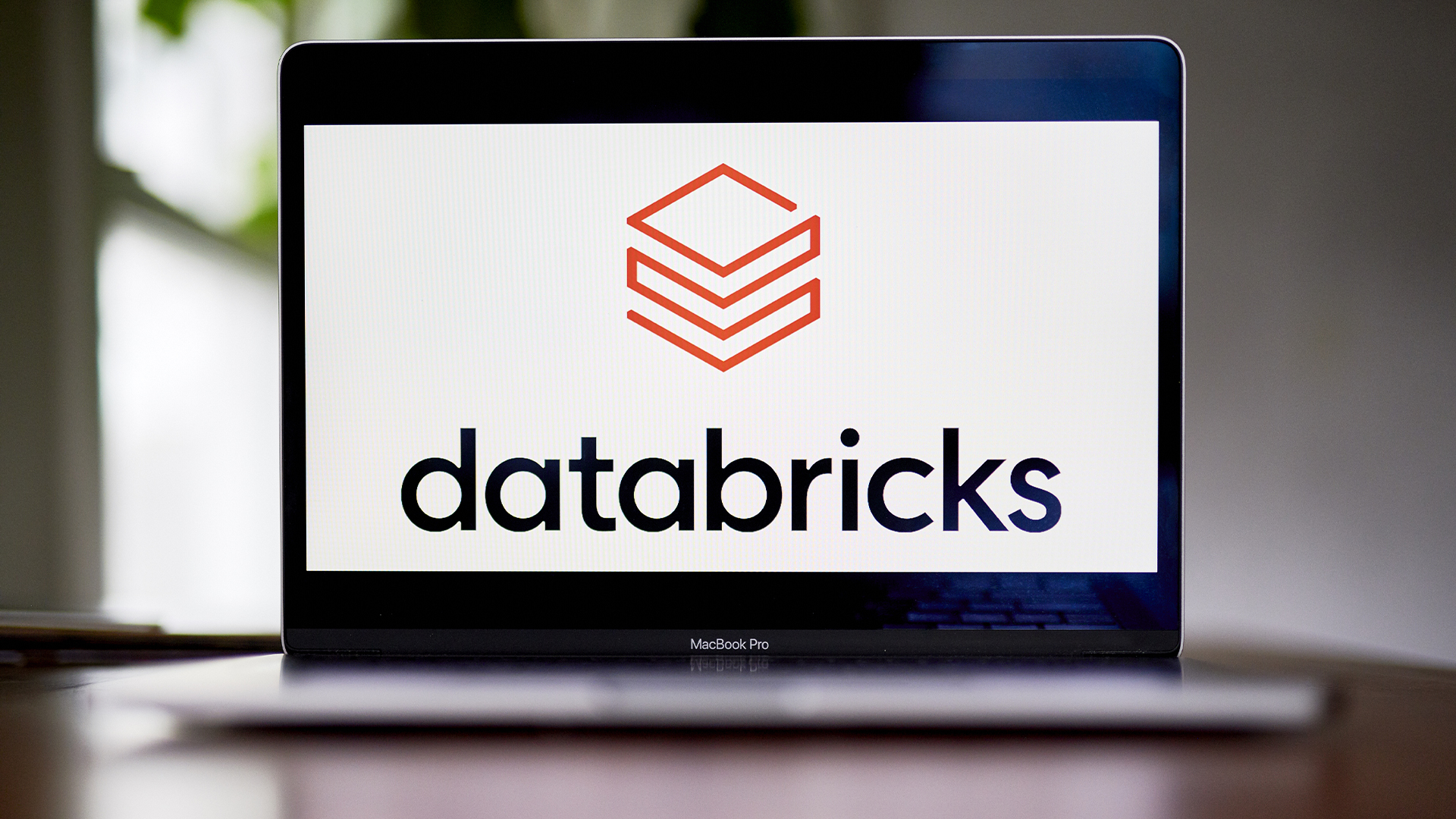 Databricks and Anthropic are teaming up on agentic AI development – here’s what it means for customers
Databricks and Anthropic are teaming up on agentic AI development – here’s what it means for customersNews Simplifying agentic AI adoption is the name of the game for Databricks
By Ross Kelly
-
 “No, I don't think it is the end of Salesforce”: Klarna CEO clarifies why it stopped using Salesforce – and why he doesn’t think other companies will follow suit
“No, I don't think it is the end of Salesforce”: Klarna CEO clarifies why it stopped using Salesforce – and why he doesn’t think other companies will follow suitNews Klarna CEO Sebastian Siemiatkowski has explained his firm’s decision to stop using Salesforce in favor of its in-house AI tools.
By George Fitzmaurice
-
 ‘DIY’ agent platforms are big tech’s latest gambit to drive AI adoption
‘DIY’ agent platforms are big tech’s latest gambit to drive AI adoptionAnalysis The rise of 'DIY' agentic AI development platforms could enable big tech providers to drive AI adoption rates.
By George Fitzmaurice
-
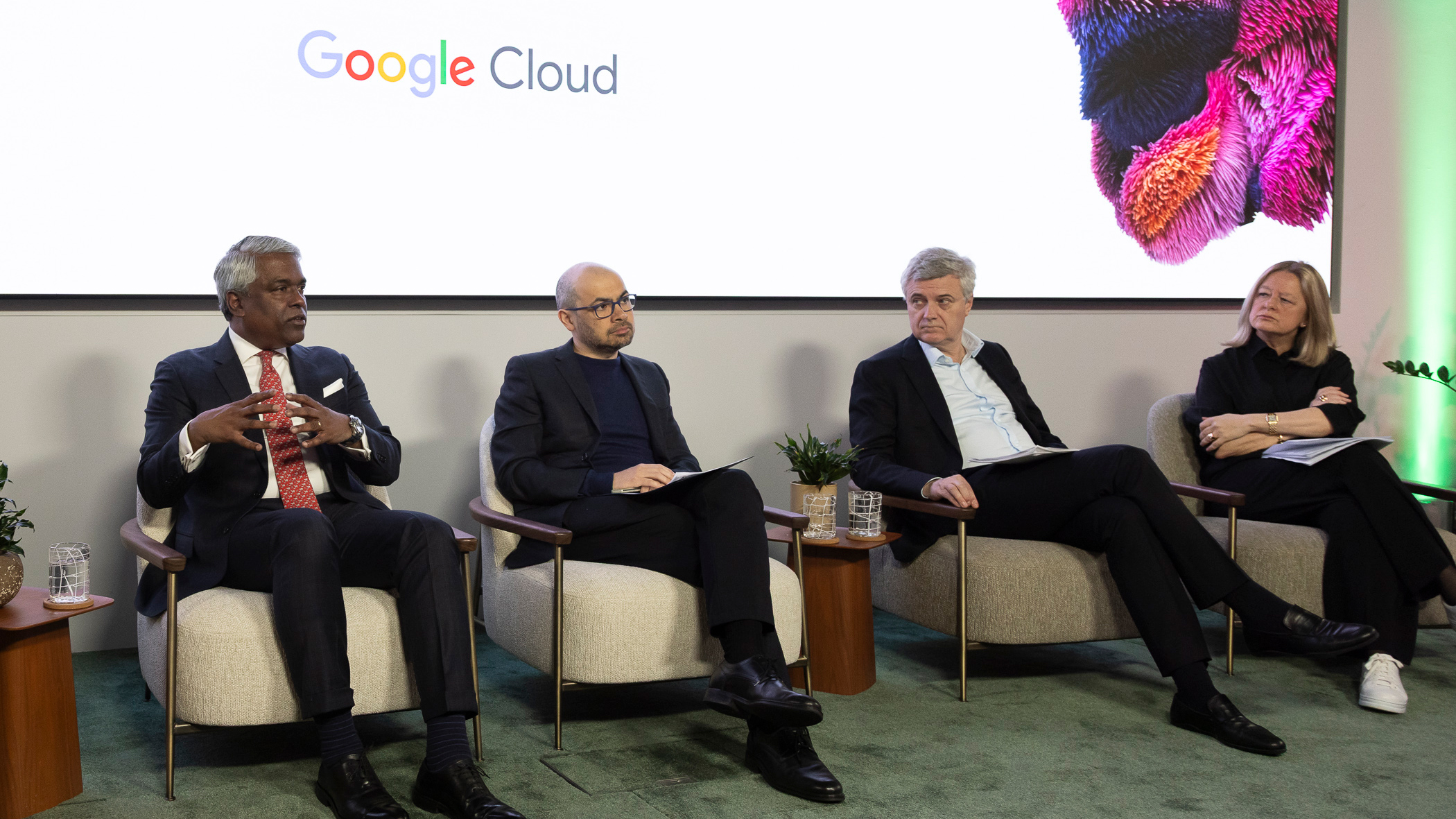 Google Cloud announces UK data residency for agentic AI services
Google Cloud announces UK data residency for agentic AI servicesNews With targeted cloud credits and skills workshops, Google Cloud hopes to underscore its UK infrastructure investment
By Rory Bathgate
-
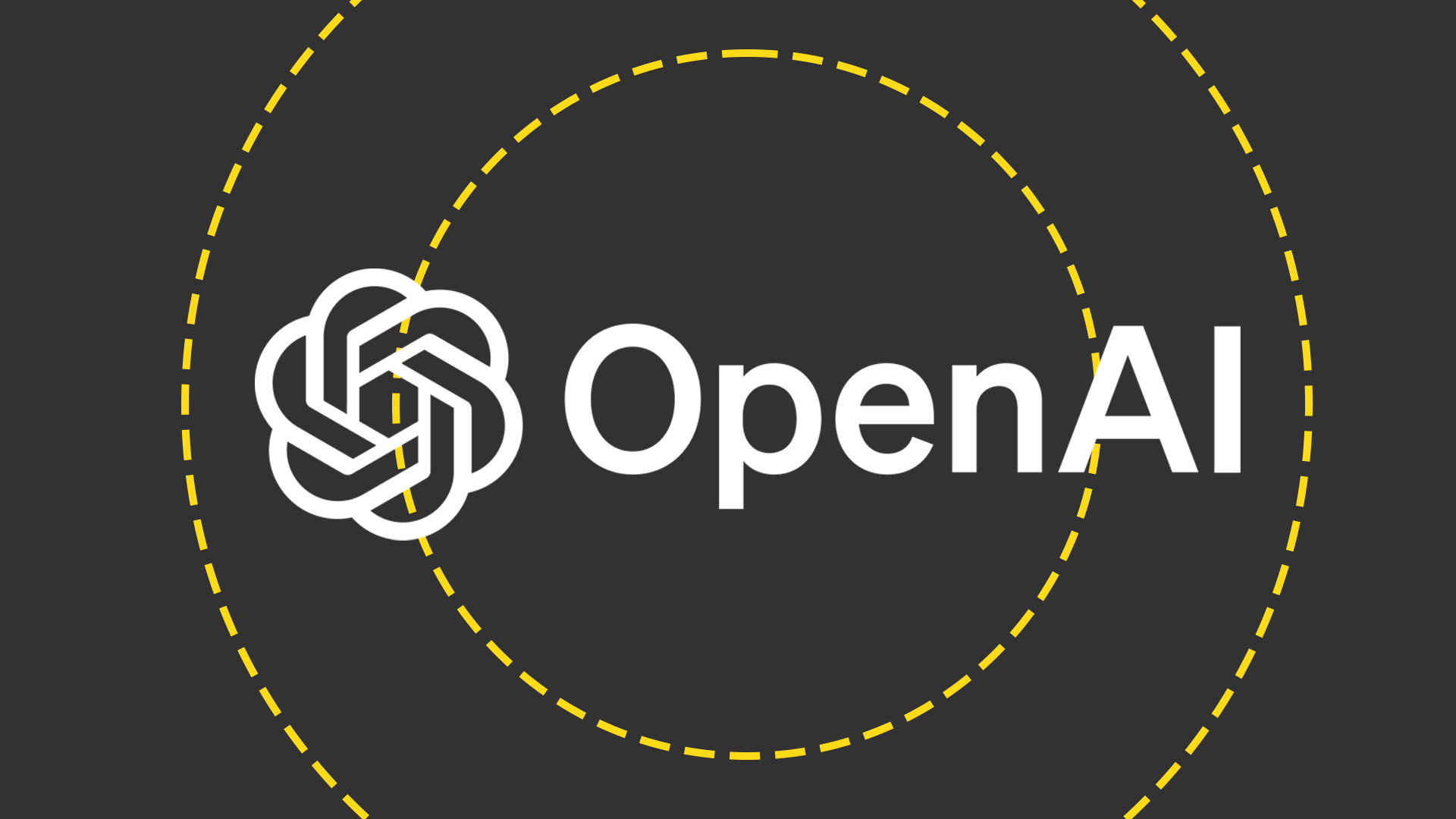 OpenAI wants to simplify how developers build AI agents
OpenAI wants to simplify how developers build AI agentsNews OpenAI is releasing a set of tools and APIs designed to simplify agentic AI development in enterprises, the firm has revealed.
By George Fitzmaurice
-
 Conversational AI spending is going to skyrocket this year – here’s why
Conversational AI spending is going to skyrocket this year – here’s whyNews Analysis from Juniper Research shows global revenue from conversational AI services is set to grow from $14.6 billion in 2025.
By Emma Woollacott